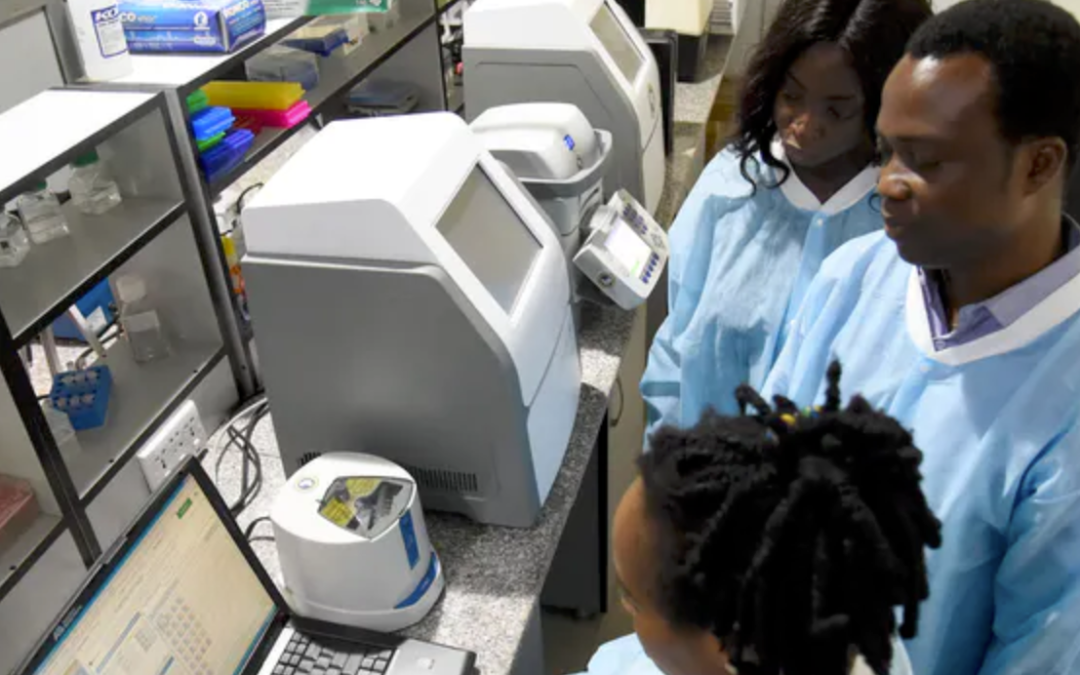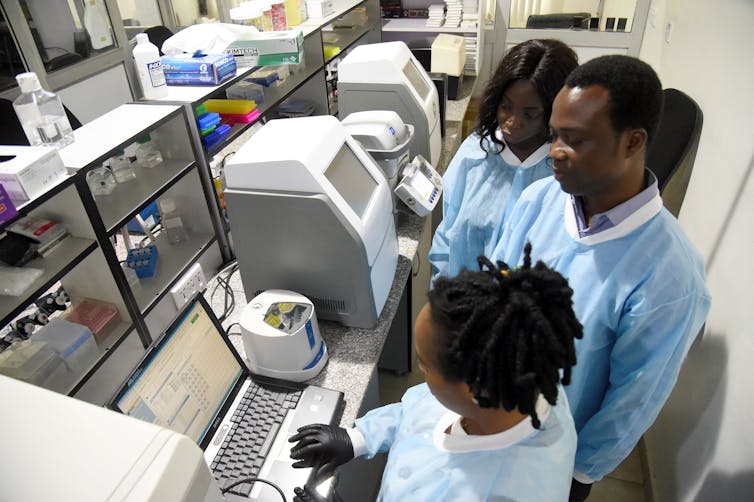
Good Tree, Bad Tree: Tips on Evaluating Relationships
Tree imagery appears throughout Scripture when describing human beings. When Jesus began to heal the blind man in Mark’s Gospel, He asked him if he saw anything. The man responded and stated: “I see men like trees, walking” (see Mark 8:24, NKJV). Jesus Himself used this imagery to describe the interconnectedness of human beings. One of the most profound statements that He made was connected to something we try to figure out all the time in this life—relationships: “…for a tree is known by its fruit” (from Matthew 12:33, NKJV).
The “Job Interview”
One of the most frustrating things I notice in unhealthy or failed relationships is the lack of accounting when it comes to examining another person’s fruit. Sadly we mistake the honeymoon phase of dating relationships as the true nature of another individual. Anyone can go on a job interview dressed up and ready to answer questions impressively. This is precisely what dating tends to look like. The one thing the job interviewee knows? Putting one’s best foot forward increases his or her chances at getting hired.
I’m willing to bet you that a man will not reveal on the first date that he’s possessive, jealous, and insecure, and has expectations that you treat him like his mother treated him. I’m also pretty confident that a woman probably will not reveal that she is looking for someone to treat her like her last boyfriend or someone who knows exactly what she’s thinking without her saying it. Nor will she reveal any other emotional baggage she may carry. Let me give you a simple secret to help you see through that “impressive resume” on the first couple of dates: Time!
Taking Some Time
I know. I know. It sounds elementary and simple. I am pretty sure the heavens didn’t open up after that revelation. Sadly, this truth is avoided like the plague when it comes to entering relationships and causes more frustration than most people would like to admit. In addition to a tree being known by its fruit, Jesus also revealed that “a good tree cannot bear bad fruit, nor can a bad tree bear good fruit” (Matthew 7:18, NKJV).
Let me put it this way. Entering a new relationship is like planting a seed. When you begin to water that relationship seed, it will begin to break through any dirt (i.e., any unrevealed vices) that either one of you have and reveal one another’s true nature. Of course, that watering occurs by means of the “living water” (see John 7:38). Afterward, things will begin to bud in the relationship and eventually trees will emerge with accompanying fruit. Here’s the key. Whether or not the other person’s tree bears good fruit depends on their response to your watering.
Please hear my heart on this. Developing a healthy relationship requires an effort on behalf of both parties. If you begin to feel like you are the only one attempting to develop your relationship, then you will begin to feel unattended to and lacking nourishment.
The Fruit Test
Once you’ve overcome the time obstacle, you can begin to properly evaluate a relationship and look for fruit. The good thing about this process is that everyone produces fruit of some kind. The only difference is the marketability of that fruit. Would you go into a grocery store and buy rotten apples or oranges? Why would you do the same thing as it pertains to a relationship? Here are some things to look for when evaluating relationships: “Now the [fruit] of the flesh are evident, which are: adultery… murders…” (from Galatians 5:19–21, NKJV).
Ask yourself: Is this person adulterous? I know what you’re asking. Isn’t this supposed to be an article on dating? What does adultery have to do with dating relationships? I’m glad you asked. Jesus says that any man who looks at a woman lustfully has already committed adultery with her in his heart (see Matthew 5:28). Do you find them looking at other people when you two are together? This is an indication that they are adulterous, at least as far as their heart is concerned. This bad fruit can help you when you examine the relationship.
You might also want to ask yourself: Is this person a murderer? I don’t want to be misunderstood here. I am not talking about people who may be imprisoned for taking the life of another person. I am talking about people who are locked up in a different way. Scripture is very clear when it says, “whoever hates his brother is a murderer” (from 1 John 3:15, NKJV). Does your significant other have disdain for other ethnic groups? Does he or she make disparaging remarks about others that are hurtful? God saw fit that this issue was serious enough to warrant mentioning and should lead each of us to examine the people in our leaves for this potential bad fruit. Those are just two items on a long list of what Paul deems to be bad fruit. Check out the others on the list in Galatians 5 and determine whether your significant other shows signs of bad fruit.
The Good News
People can exhibit things you should be looking for in a significant other. The Apostle Paul calls this good fruit. Some examples of good fruit? Love, patience, goodness, faithfulness, gentleness, self-control (see Galatians 5:22–23).
Take time out now to examine past relationships in order to avoid repeating the same mistakes. Have you seen any of the fruit mentioned above at work in those relationships? More importantly, can you take lessons learned from those situations and move forward with a new conviction? The important thing about the blind man seeing “men like trees” in Mark’s Gospel was that his healing was incomplete. He needed a further touch from Jesus. With that touch he was restored and saw everyone clearly (see Mark 8:25b). Although examining the fruit of others to evaluate our relationships is important, there is still a need to rely on and allow Christ to place His hand on those relationships for full clarity and direction. If you keep these things in mind, your relationship will truly become like a tree planted by the rivers of water (see Psalm 1:3) and flourish in Christ.


